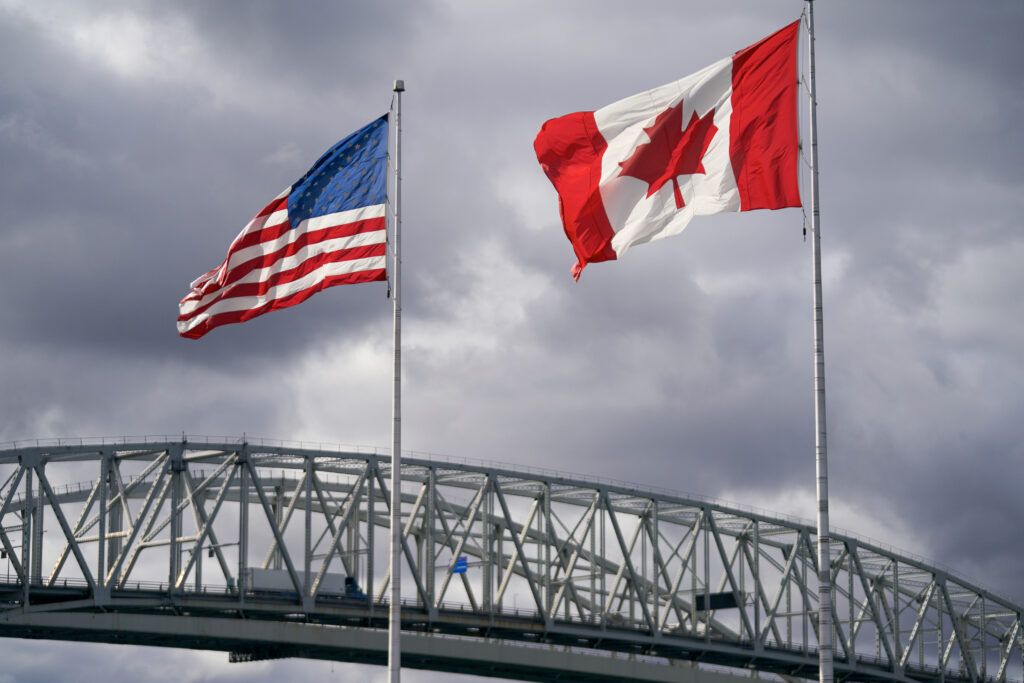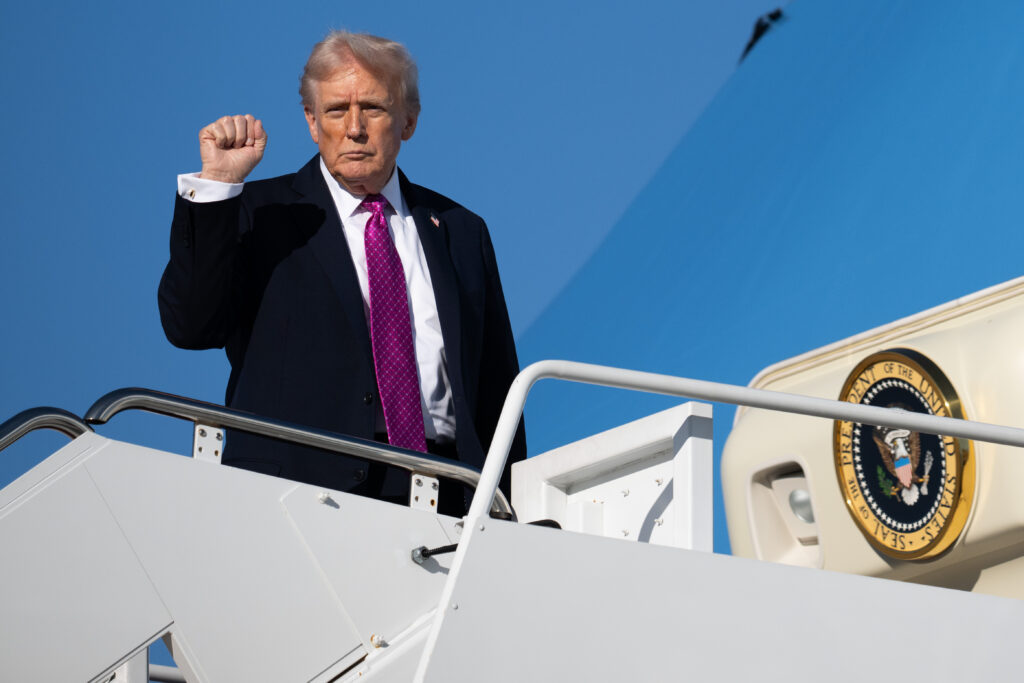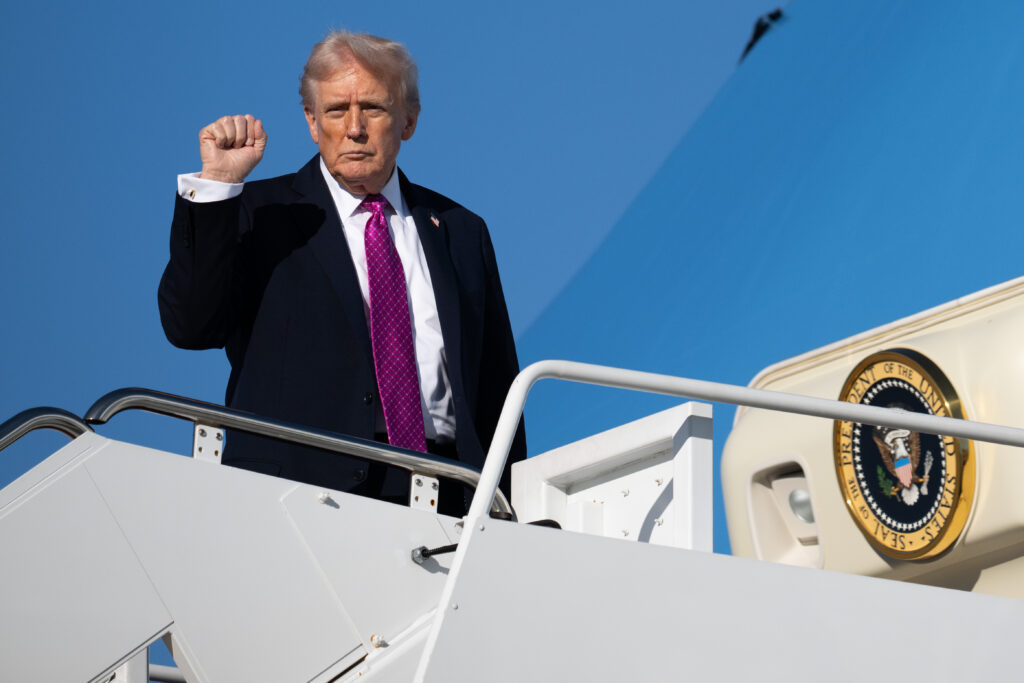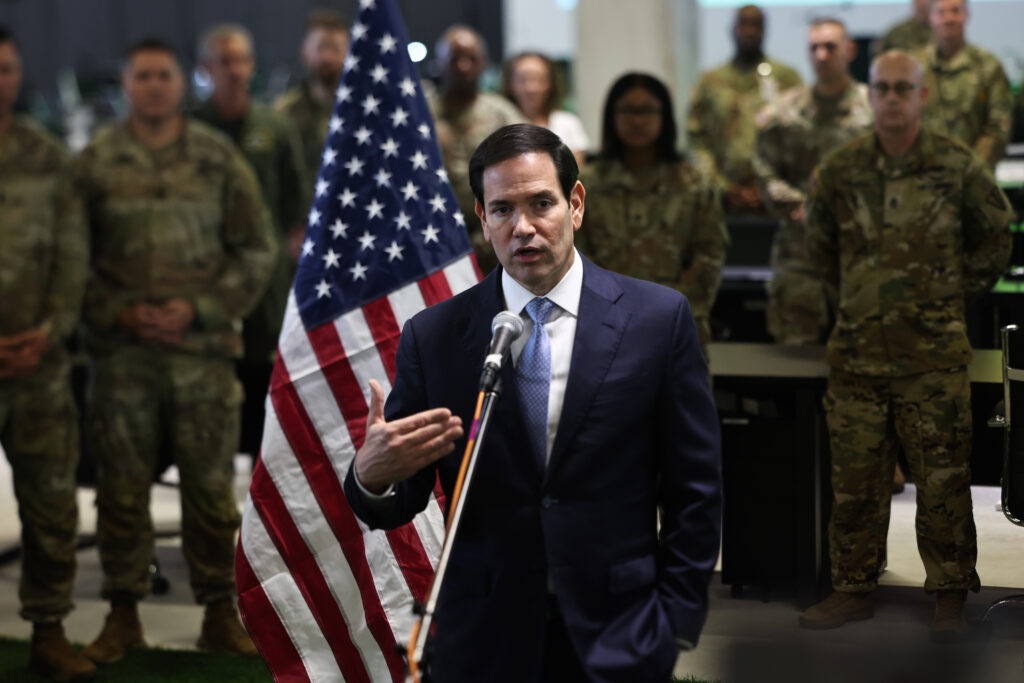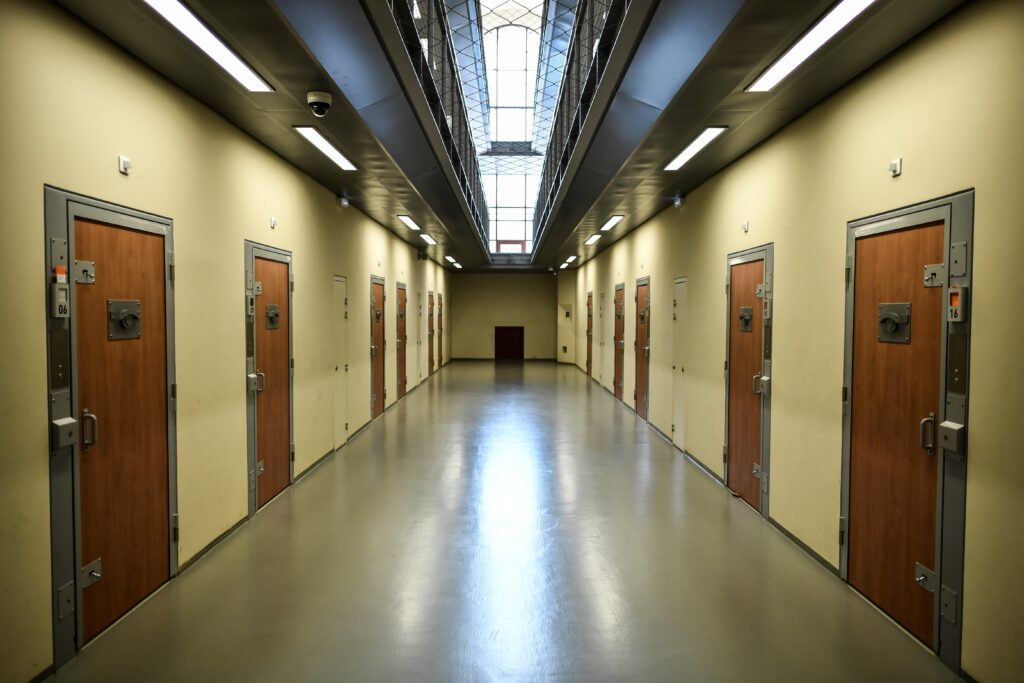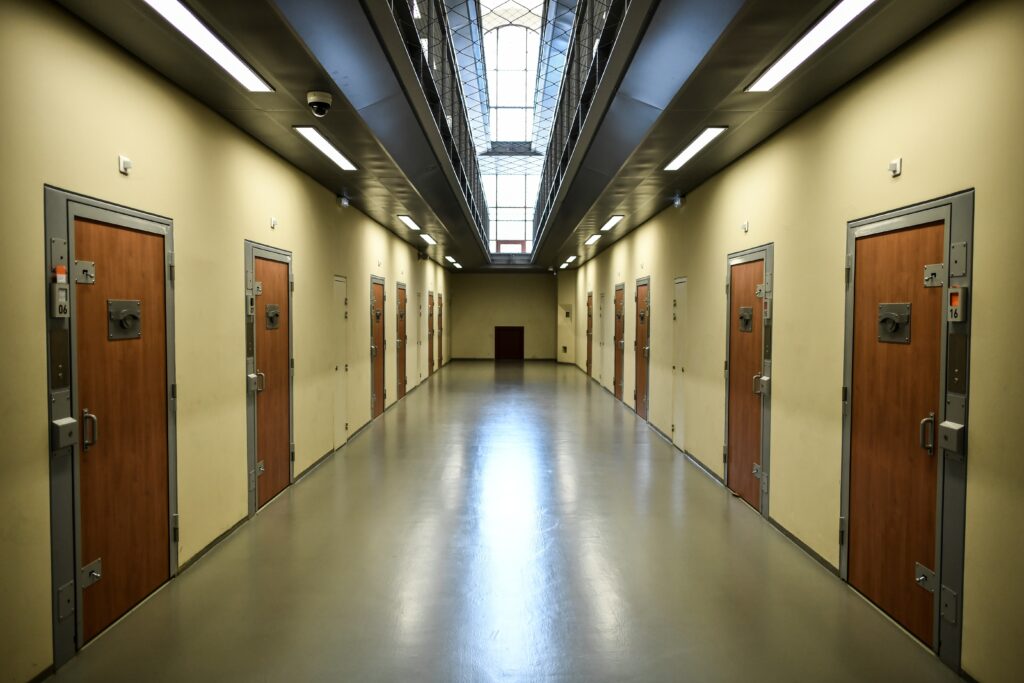Des Canadiens déstabilisés par la volte-face commerciale de Trump
“Sérieusement qui fait ça?”: la décision abrupte de Donald Trump de rompre les négociations commerciales avec le Canada a déstabilisé des travailleurs canadiens vendredi, amplifiant leurs inquiétudes face à l’avenir. “On ne sait tout simplement plus ce qui va arriver d’un jour à l’autre, d’une semaine à l’autre. Il y a tellement d’incertitude”, se plaint John D’Agnolo, leader d’un syndicat de travailleurs automobiles à Windsor, en Ontario (centre).Le Canada a été particulièrement touché par les droits de douane de Donald Trump, en raison de la forte intégration de l’industrie automobile nord-américaine et de l’importance des exportations d’aluminium et d’acier canadiens vers les Etats-Unis.Depuis le début de la guerre commerciale, les travailleurs de l’Ontario, province centrale où se concentre la filière automobile du pays, suivent de près l’actualité, dans l’attente d’une percée dans les négociations.La décision soudaine de Donald Trump de rompre les discussions commerciales, malgré une réunion apparemment cordiale avec son homologue canadien Mark Carney ce mois-ci, est un nouveau coup dur.Le président américain a accusé jeudi les autorités canadiennes de déformer les propos de l’ancien président républicain Ronald Reagan pour faire campagne contre la hausse des droits de douane entre les deux pays. “Ça l’a énervé (Trump), donc il fait une crise de colère et dit: +On ne va pas parler maintenant.+ Sérieusement, qui fait ça?” ajoute John D’Agnolo.- “Epuisés” -Avant ce dernier soubresaut, M. Carney a à de maintes reprises averti qu’un accord supprimant tous les droits de douane sur l’automobile était peu probable, vu la volonté du président américain de rapatrier la fabrication de voitures.Mais les perspectives étaient plus prometteuses pour les métaux.À Hamilton, la “ville de l’acier”, les travailleurs ont dû faire face à des années de vache maigre, alors que le marché mondial des métaux était inondé de produits étrangers moins chers.Une relation stable avec les États-Unis pourrait être bénéfique à l’avenir, mais Ron Wells, un leader syndical à Hamilton, n’y croit plus.”On ne peut pas compter sur eux (les États-Unis) en tant que partenaire commercial, parce que leurs dirigeants ne prennent pas toujours des décisions rationnelles”, explique-t-il. Mark Carney, cherchant à désamorcer les tensions, s’est dit prêt vendredi à reprendre les négociations dès que “les Américains sont prêts”.Il a toutefois répété que la relation entre les deux pays avait été fondamentalement changée et qu’Ottawa devait s’ouvrir à de nouveaux partenaires, avant d’embarquer dans l’avion pour des sommets en Asie.M. Wells soutient les propos du Premier ministre. Selon lui, “le Canada doit être indépendant des États-Unis en ce qui concerne le commerce”.Laura Stephenson, politologue à l’Université Western, croit que l’accès de colère de Trump laissera les Canadiens encore plus “épuisés”, mais pourrait les convaincre de “se rallier davantage à ce que le Premier ministre essaie de faire”.Pour Steven Polevoy, résident de Toronto, ce dernier coup d’éclat reflète l’indifférence du président américain pour ses voisins du Nord.”Il n’a aucune relation avec nous, il ne veut pas de relation avec nous”, dit-il à l’AFP.
